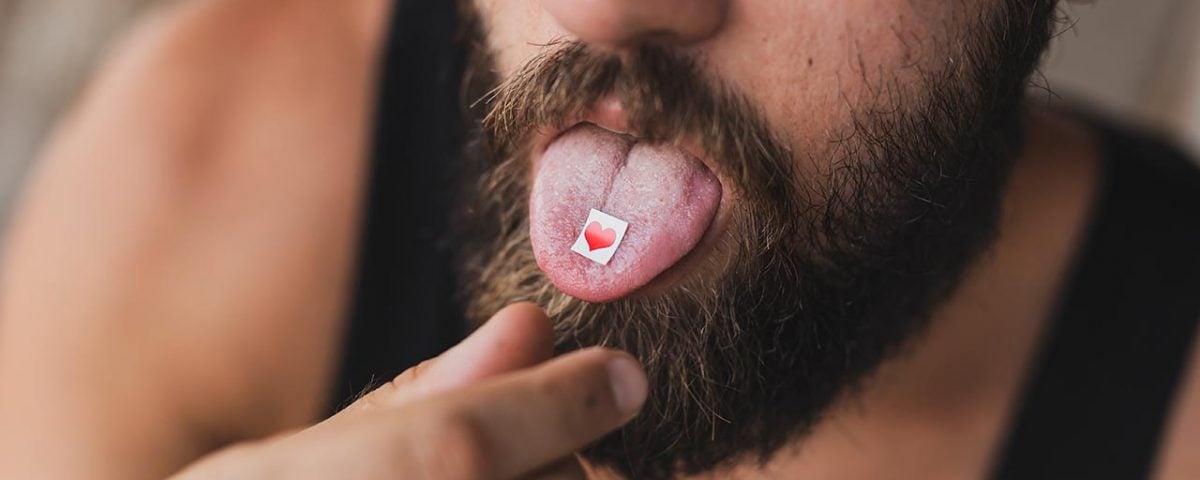LSD, also known as acid, is a recreational drug mostly used for its hallucinogenic effects.
While many people may think they know the basics about LSD, there is a lot of misinformation out there about this drug.
Common LSD Myths Revealed
As a rehab in Pompano, we know that there are many misconceptions about drugs and alcohol that can be harmful to the general public, including several myths about LSD. As it turns out, countless people do not know about this psychedelic drug, but we want to debunk these LSD myths.LSD Myth 1: LSD can help you discover your innermost self.
Of all of the myths about acid, this may be the most common. Many people believe that LSD provides an intense high that will help you uncover your deepest truths and promote a surreal level of self-discovery. In reality, LSD is a hallucinogenic drug that provides a different trip for each person. While some people may liken this trip to a journey of self-discovery, others can have a very different experience. Every trip is subjective so there is no evidence to support these claims.LSD Myth 2: LSD is always an awesome high.
LSD is considered a club drug because of its frequent use at night clubs or music festivals. Many people take this drug in these party environments because an acid trip is thought to provide a euphoric high, but this is not the case for everyone. Like most drugs, bad trips are a very real possibility. LSD is unpredictable; some people have reported feelings of intense anxiety and paranoia.LSD Myth 3: LSD is one of the most dangerous drugs you can abuse.
While the media has gone on to say that LSD is one of the most dangerous abused drugs and can cause serious brain damage, the evidence suggests otherwise. According to one source, LSD was given one of the lowest harm scores for abused drugs, with low scores for both harm to the user and harm to others. Alcohol was given the highest harm score, followed by heroin and crack cocaine.1 That being said, some LSD users come to crave the hallucinations and the high that acid provides. They may start using the drug more regularly and have to take higher doses as their body develops a tolerance. In some cases, this may cause negative side effects. If you find it difficult to stop using this or another drug, our intensive outpatient program in Pompano may be able to help.LSD Myth 4: Frequent LSD use will make you go insane.
A common misconception about LSD is that heavy users will become mentally ill and need mental health treatment. While the short-term effects include wild hallucinations, these are typically not lasting. Some people may experience negative mental health consequences from LSD use, but this doesn’t appear to be the norm. One study found that lifetime use of psychedelics like LSD was not connected to mental health problems like suicidal ideation, suicidal actions, depression or anxiety.2 While research on LSD is lacking, there has been some evidence to suggest that LSD may also have some medical benefits for a variety of issues, including anxiety and depression when monitored and taken as directed.3While there is misinformation about LSD out there, there is still a lot of research that needs to be done on this drug. Everyone is different and will experience LSD differently, but abusing drugs of any kind is dangerous and can lead to serious problems. If you or someone you love struggles with drugs or alcohol, it is important to get help.
To learn more about Banyan Pompano, call us today at 888-280-4763.
Sources:









